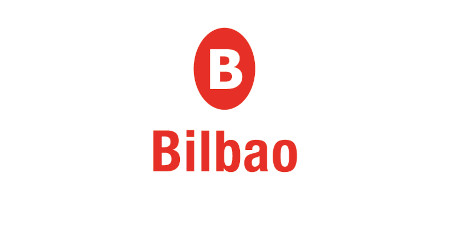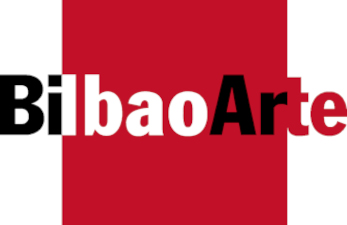Moving Artists (MA) is an independent, artist-run, non-profit organisation based in Bilbao (Spain). Working at the intersection of human rights and the arts, MA is dedicated to facilitating mobility and cultural exchange between countries that have restricted access to one another. In particular, MA seeks to enable movement and transnational exchange for cultural workers whose practice is threatened by situations of conflict, isolation, instability, censorship and cultural crisis.
Prolonged war conflicts, humanitarian crisis and repressive States often lead to closed borders and cultural isolation, thus conditioning cultural production within affected regions and distorting cultural perceptions externally. By opening and sustaining channels of movement and mutual interaction in an out zones of conflict, MA seeks to create vibrant and novel sites for artistic production and interlocution—shared spaces of curiosity, collaboration, critical emancipatory thought and education.
MA creates platforms for mutual learning in light of diverse realities, encouraging residents to think in dialogue and collaboration with local communities.
Art, as a powerful tool for communication, cultural development and social critique is often attacked or censored, particularly in zones of unrest and political upheaval.
There exist multiple initiatives that seek to protect, restore and salvage material artistic expressions in these contexts. Less attention is, however, paid to cultural imaginaries, knowledges, discourses, expressions and crafts that cannot longer be practiced nor conserved during a conflict or in a post-conflict scenario. These forms of immaterial culture are endangered if living becomes surviving under violence and as intergenerational exchange is erased because many artists are forced to flee their respective regions.
We place contemporary artists at the centre of our programs because they can critically regenerate assailed forms of socialisation, knowing and being, and they are to pave the way for the emergence of a future cultural patrimony.
Furthermore, art is also threatened and impoverished if artists working in safe and privileged contexts are cut-off, ignorant or indifferent to the complexity of global realities, entanglements and conflicts. In our increasingly complex and conflictive global community, the protection, recognition, reciprocal sharing and international visibility and dissemination of a diversity of living arts is essential to positive social transformations.




